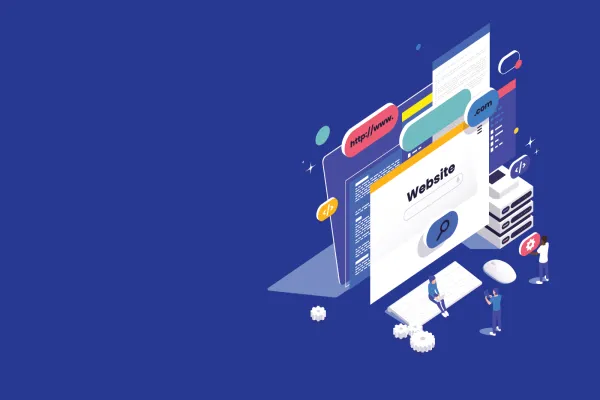In today's fast-paced digital landscape, website loading speed is no longer a mere afterthought; it's a crucial factor that determines user experience, search engine rankings, and ultimately, business success. A slow-loading website can lead to impatient visitors, decreased conversions, and a damaged brand reputation. On the other hand, a website that loads quickly not only enhances user satisfaction but also boosts SEO and potentially increases sales.
The Impact of Loading Speed on User Experience
A website's loading speed has a profound impact on user experience. Studies have shown that even a one-second delay in page load time can lead to a significant drop in conversion rates. Users are increasingly accustomed to instant gratification, and they expect websites to load quickly and seamlessly. If a website takes too long to load, visitors are likely to abandon it and seek information elsewhere.
The Role of Loading Speed in SEO
Search engines, such as Google, prioritize websites that load quickly. This is because search engines want to provide their users with the best possible experience, and a fast-loading website is a key part of that experience. As a result, websites that load quickly tend to rank higher in search results, which can lead to more organic traffic and potential customers.
Strategies for Enhancing Website Loading Speed

Fortunately, there are numerous strategies that website owners can implement to improve their loading speed:
- Optimize Images: Images are often the largest files on a website, and they can significantly impact loading speed. Optimize images by reducing their file size without compromising quality. Use appropriate image formats, such as JPEG for photos and PNG for graphics, and compress images to the lowest possible size without compromising visual clarity.
- Minify CSS, JavaScript, and HTML: Minification involves removing unnecessary characters, such as whitespace and comments, from code. This process can reduce file sizes significantly, leading to faster loading times. Use online or offline minification tools to optimize CSS, JavaScript, and HTML files.
- Leverage Browser Caching: Browser caching allows the browser to store frequently accessed files, such as images, CSS, and JavaScript, on the user's device. This means that the browser doesn't have to download these files every time the user visits the website, which can significantly improve loading speed. Enable browser caching by setting appropriate HTTP headers.
- Reduce HTTP Requests: Each time a website loads, it sends multiple HTTP requests to the server to fetch various resources, such as images, CSS, and JavaScript files. The more HTTP requests a website makes, the slower it will load. Minimize the number of HTTP requests by combining multiple files into fewer files, using CSS sprites, and inlining small CSS and JavaScript code snippets.
- Utilize a Content Delivery Network (CDN): A CDN is a network of servers distributed across different geographic locations. When a user visits a website using a CDN, their request is routed to the nearest CDN server. This can significantly reduce load times for users located far from the website's origin server. Consider using a CDN if your website has a global audience.
- Choose a Reliable Hosting Provider: The quality of your hosting provider can also impact website loading speed. Opt for a hosting provider that offers reliable servers with ample bandwidth and storage capacity to handle your website's traffic.
- Regularly Test and Monitor Performance: Regularly test your website's loading speed using tools like Google PageSpeed Insights or GTmetrix. These tools can provide insights into areas for improvement and help you track your progress over time.
Conclusion
Website loading speed is a crucial factor that affects user experience, SEO, and business success. By implementing the strategies outlined above, website owners can significantly improve their website's loading speed, leading to a more positive user experience, higher search engine rankings, and potentially increased conversions. Remember, a fast-loading website is not just a luxury; it's an essential element of success in today's competitive digital landscape.
Ready for a faster website? Contact us for expert guidance on optimizing loading speed and improving user engagement
Rev Up Your Website: Unleash Lightning Speed!





